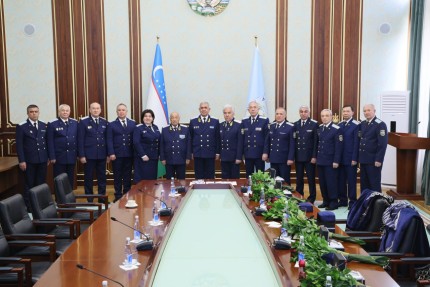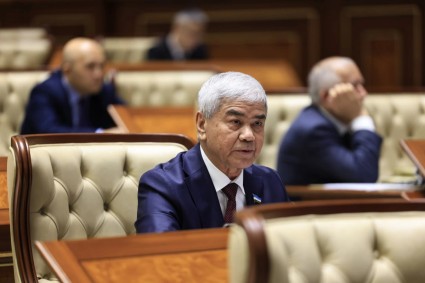The study Assessment of the social protection system in Uzbekistan has been published. It contains a description of key social protection programs in Uzbekistan and an assessment of their effectiveness, the nationwide movement Yuksalish said.
“This study presents a detailed analysis of the national social protection system. It also provides working recommendations that will also be useful for the government's response programs against the coronavirus pandemic. Today, more than ever, we need to maintain a dialogue with the public in the field of social protection in Uzbekistan," said Bobur Bekmurodov, the chairman of Yuksalish movement.
The analysis showed that in 2018, about 55% of the country's population recourse to social allowances. Their total number fell from 8.1 million in 2012 to 6.4 million in 2017. The largest decrease was recorded among recipients of unemployment and child aids for low-income families.
“One of the main conclusions of the study is that the social protection system needs a single body that could manage and coordinate activities in this area, as well as develop and implement an appropriate national strategy. In turn, in the short term, this strategy should help eliminate significant shortcomings in the social protection system for children and their families, the disabled and the elderly,” said Yulia Oleinik, head of the social policy department at the UNICEF office in Uzbekistan.
Moreover, about 55% of the employed is in the informal sector and, therefore, is not covered by social insurance programs. This category of people, along with low-income families, the disabled and the elderly, is at increased risk in the coronavirus pandemic.
The World Bank estimates that about half a million people in Uzbekistan are likely to fall below the poverty line as a result of the COVID-19 pandemic. There is a higher risk of further deterioration in the event of an extension of the lockdown restrictions. Therefore, more than ever, a comprehensive and responsive social safety system is needed to ensure the interests of those in need in the country. The study indicates the main shortcomings in the coverage of the population with such programs. Thus, almost half of the citizens and a third of all the poor in the country are still not included in any of the social protection schemes.
“The consequences of the coronavirus pandemic across the country and the recent natural disasters, which negatively affected the well-being of thousands of residents of the Bukhara and Syrdarya provinces, demonstrated the urgent need to increase the economic resilience of the population by expanding the number of recipients of social assistance. First of all, this applies to households living below the poverty line and close to poverty, which have been most affected by the consequences of these crises,” said Maddalena Honorati, Senior Economist at the World Bank.
All citizen feedback collected during the public discussion of the study will be analyzed and presented to interested ministries, departments and international organizations during the planned round table.
This year's forum is expected to involve about 200 participants, including local and foreign experts, representatives of parliaments, the judiciary, law enforcement agencies, government coordination bodies for reporting and follow-up, national human rights institutions, youth organizations, civil society institutions, representatives of the media and representatives of international and regional organizations. The forum will be attended by representatives of over 30 youth organizations from all regions of Uzbekistan.















